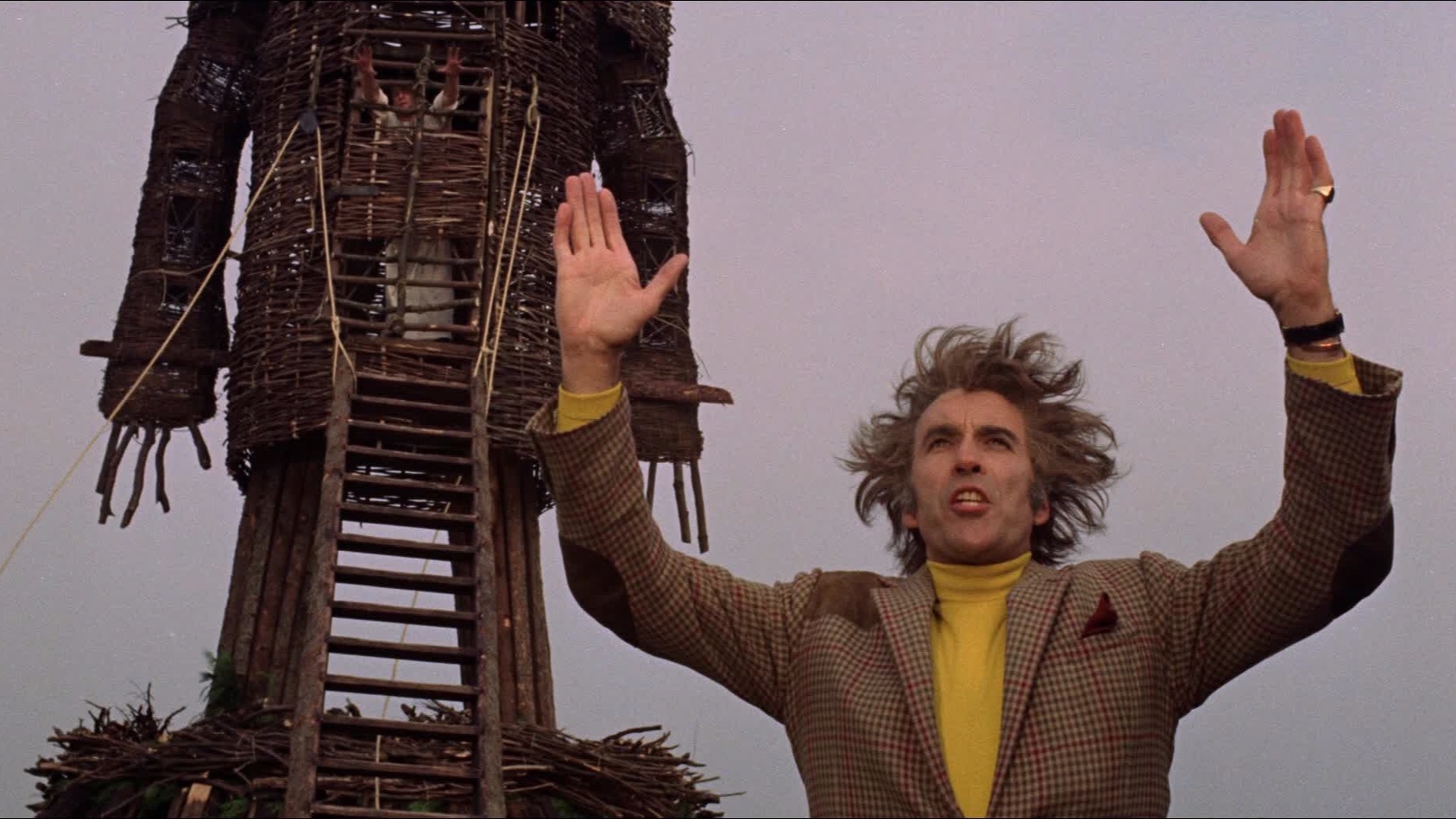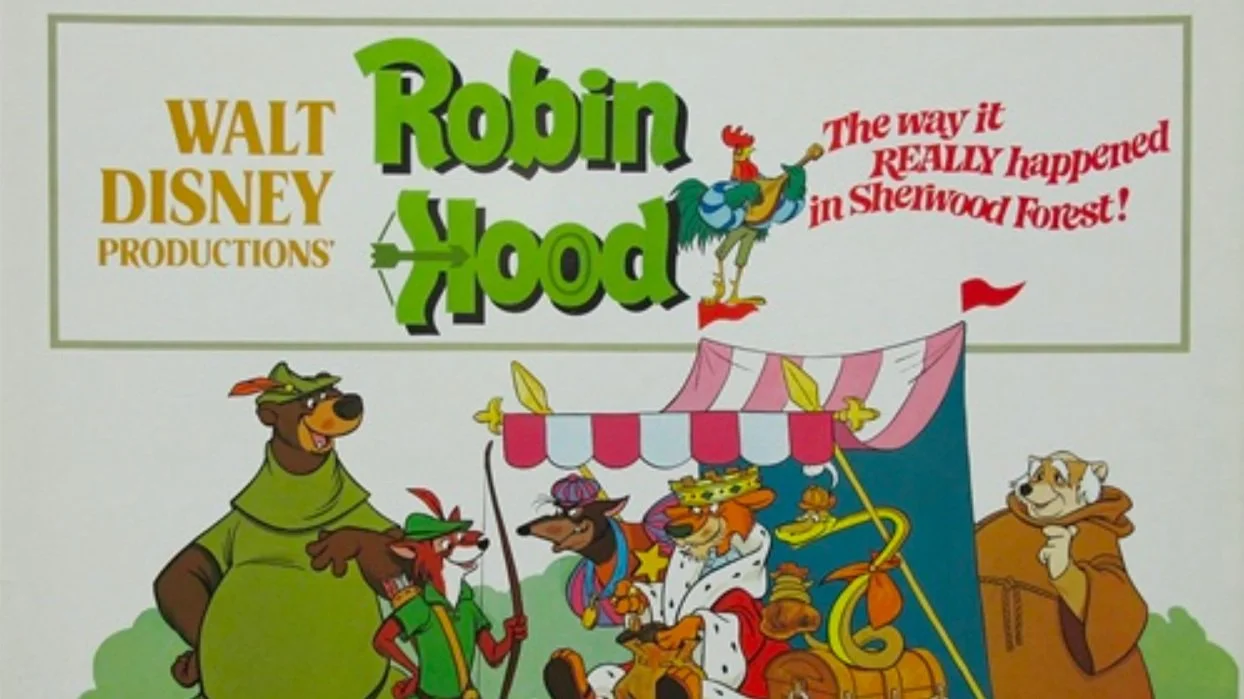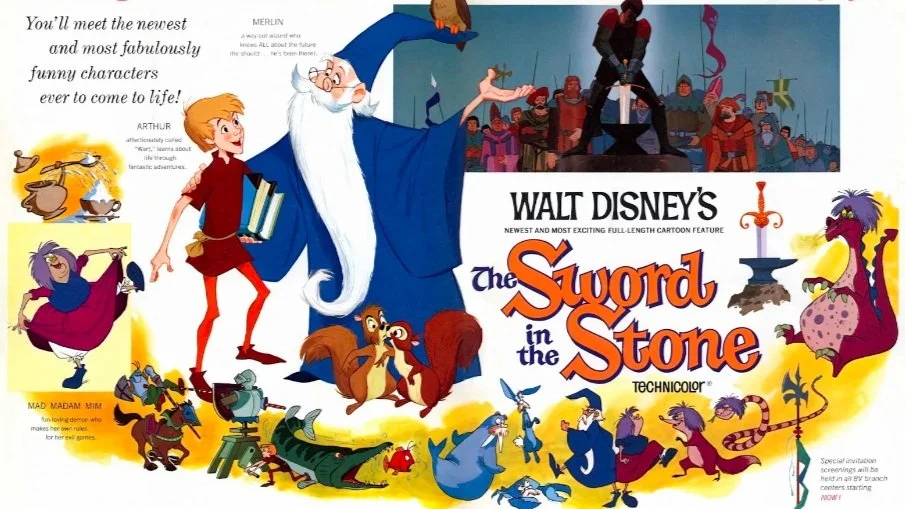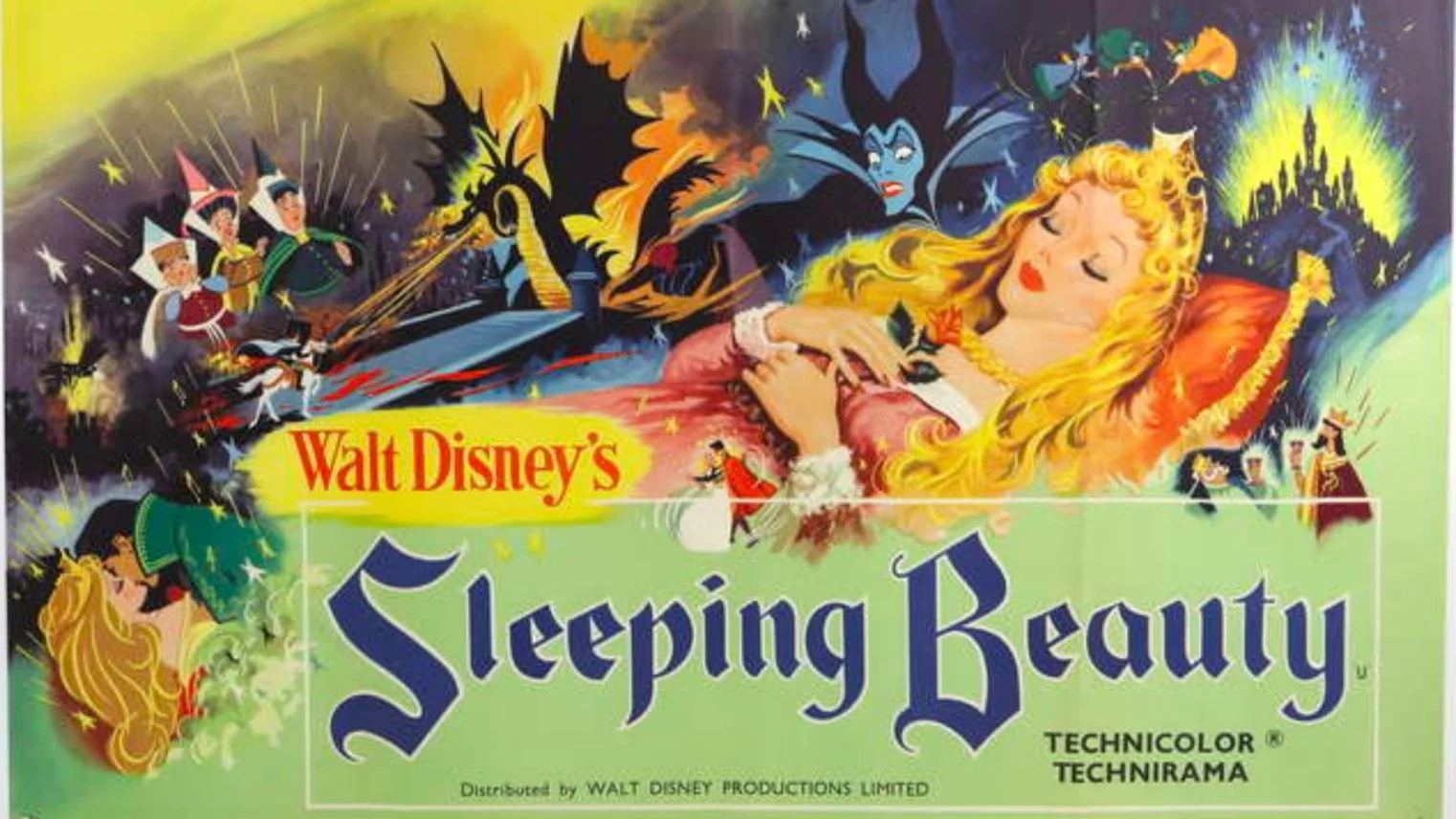On Screen Projection: The Wicker Man (1973)
Last year, with the help of a performance for the ages from Toni Collette in Hereditary, Ari Aster immediately shot to the top of the horror world’s must match list. This week, he attempts to hold on to that spot with Midsommar. Given its setting, the obvious comparisons to The Wicker Man began as soon as the first images were released online. That is a lot to live up to because we are talking about the classic from 1973, and not the clearly insane 2006 remake starring Nicolas Cage. Let’s take a look at what makes The Wicker Man worth watching and why it is an intimidating comparison regardless of the quality of Midsommar.
More than anything, The Wicker Man is about the power of faith and the dangerous roads it can lead us down. This is true regarding the protagonist, Sergeant Howie (Edward Woodward), and the townspeople, most often represented by Lord Summerisle (Christopher Lee). Summerisle is the more obvious choice when discussing those dangerous roads based on the ending. And seriously, if you haven’t seen it, you really must, as it one for the ages.
The film begins with Howie barging his way on to the island on police business, as there is an anonymous report of a young girl missing. Throughout most of the runtime, Sergeant Howie is a challenge to connect with as a character. Although he is an honorable man who is doing his job no matter who gets in his way, he is also a boor. He makes no attempt to understand the culture that he has interrupted and demands that they bend to his way of thinking. As a Christian man, he believes that every person would be better off following those particular teachings and he is certainly not shy about making that point clear.
As such, it is easy to forget that he is there for the right reasons and there is a young girl at risk. So, that brings us to the villagers. Director Robin Hardy does a fantastic job of introducing these pagan rituals as oddities, but not necessarily dangerous. Well, until that last one. That last one, the giant wicker man, on its own, is not frightening. But the context delivered in the last half hour, that these people lured the police officer there in order to sacrifice him for the good of the island’s crops, forces us to realize the intense stakes. This, combined with Woodward’s impressive performance as he is forced inside the wicker man has the desired effect of forcing the audience to feel both terrified and trapped. And Hardy draws this out. We feel every horrifying second, the walk up to the man, the lighting of the fire, and most of all, Sergeant Howie’s anguished cries and prayers to Jesus Christ. It is powerful not only because he is being tortured until his untimely death, but also because he never loses his faith, not for a moment. Likewise, the people of Summerisle stand firm in their beliefs. The image of them swaying, happily dancing, as an innocent man is burned alive should be and is utterly disturbing and sticks with the audience throughout the ending credits.
But how likely is this behavior? Of course, there is a history of, at best, questionable behavior of religious zealots throughout history. It can be difficult to wrap our minds around extreme behavior based on faith, especially if we don’t have a religious background. On some level, this intense religiosity is a reaction to our inherent fear of death. We need something to ease the pain and fear of the uncertainty of life. One such defense is called the fantasy bond. This describes the connection we have to a being that we cannot see or touch. That connection is a good thing. Unfortunately, it can lead to alienation towards people who don’t have the same beliefs. This does not mean that religious people are predisposed towards violent behavior. But the more people are isolated and not exposed to an outgroup, the more likely they are to respond in a strong negative way when they are introduced to people with differences.
The people of Summerisle obviously fall into this category. This is a private island that only allowed this police officer to dock because he was being used as a pawn. They have their own societal structure and beliefs that seem to be consistent throughout the population. These are shown to be taught in schools and supported by the adults in the homes and the businesses around the island. This lack of questioning has obvious horrific consequences for Sergeant Howie. Plus, what happens if this sacrifice doesn’t work? They managed to lure a devout, religious virgin to their island. It is not as if you can repeat this often without people on the mainland noticing. In my mind, there are two likely reactions if this doesn’t work; escalation or revolt. Neither of these are positive for anyone involved.
And Sergeant Howie? He is just as guilty of these same attitudes. If you take out the third act twist, he could easily be a villain. He repeatedly insults strangers and is very comfortable threatening people that could give him valuable information. Some may think that this is because of his work, but it is more likely that it is rooted in his deep faith and mistrust of people outside of his ingroup. This deep faith costs him everything, including his life. Of course, you never want to blame the victim, but look at the opportunities he has to leave the island. Yes, there is a young girl at risk, but why not leave and come back with help? He is vastly outnumbered and firmly believes that at least some of the villagers are dangerous. Of course he’s right, but there were obviously better ways to handle it.
The lesson here is not don’t trust pagans. It is also not don’t trust Christians. And it’s certainly not don’t trust religious people. We should all strive to connect with people different from us. Not only will their perspectives enrich us, but it may prevent us from becoming so comfortable with our group that we treat others poorly to the detriment of the world at large. Will Ari Aster’s Midsommar come close to being this thought provoking? With the comparisons to The Wicker Man, there are certainly expectations regarding both the horror and the lasting impact. We’ll find out soon!














